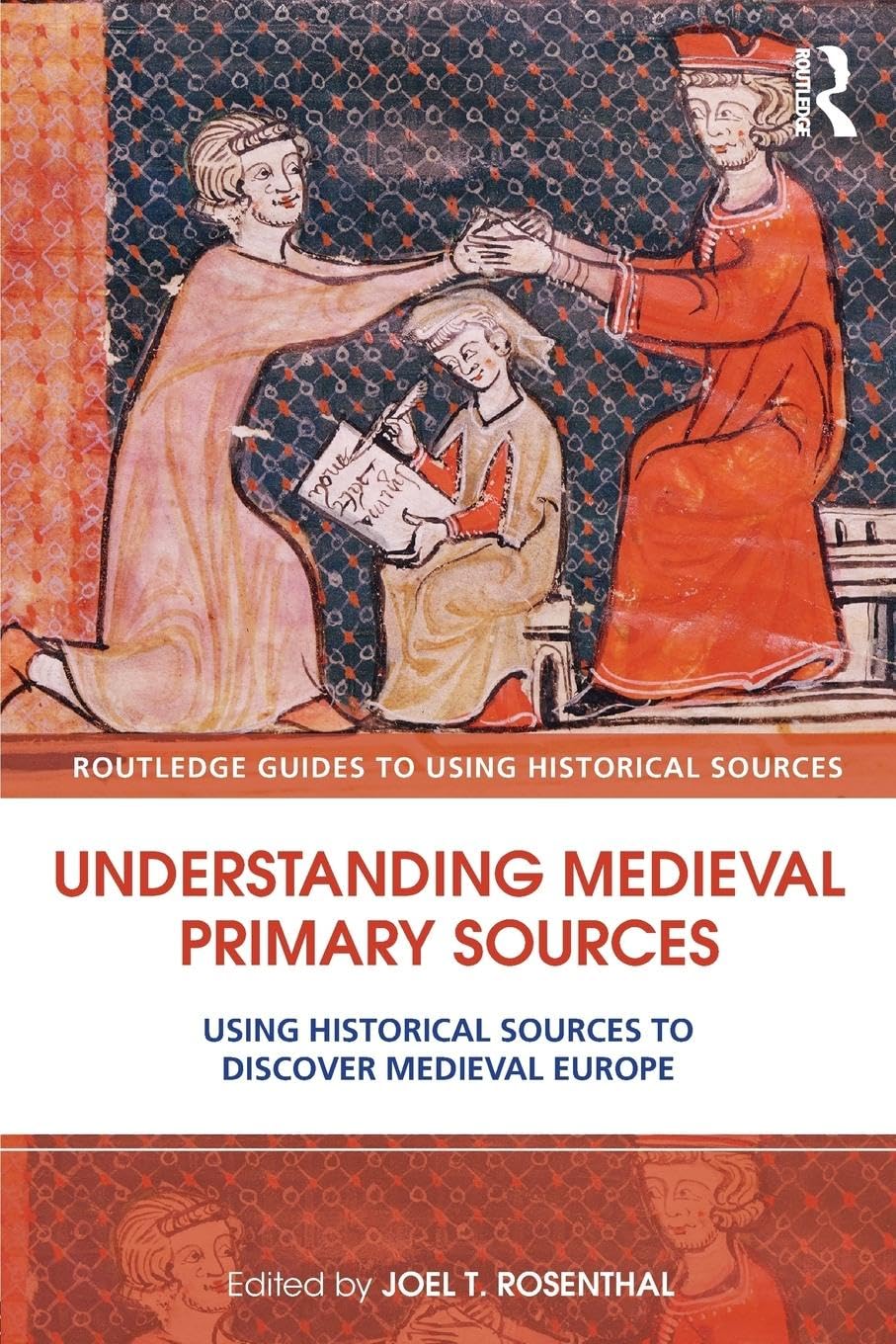Medieval society created many kinds of records and written material which differ considerably, giving us such sources as last wills, sermons, manorial accounts, or royal biographies. Primary sources are an exciting way for students to engage with the past and draw their own ideas about life in the medieval period. Understanding Medieval Primary Sources is a collection of essays that will introduce students to the key primary sources that are essential to studying medieval Europe. The sources are divided into two categories: the first part treats some of the many generic sources that have been preserved, such as wills, letters, royal and secular narratives and sermons. Chapter by chapter each expert author illustrates how they can be used to reveal details about medieval history. The second part focuses on areas of historical research that can only be fully discovered by using a combination of primary sources, covering fields such as maritime history, urban history, women’s history and medical history. Understanding Medieval Primary Sources will be an invaluable resource for any student embarking on medieval historical research.
Features
- Used Book in Good Condition






Reviews
There are no reviews yet.